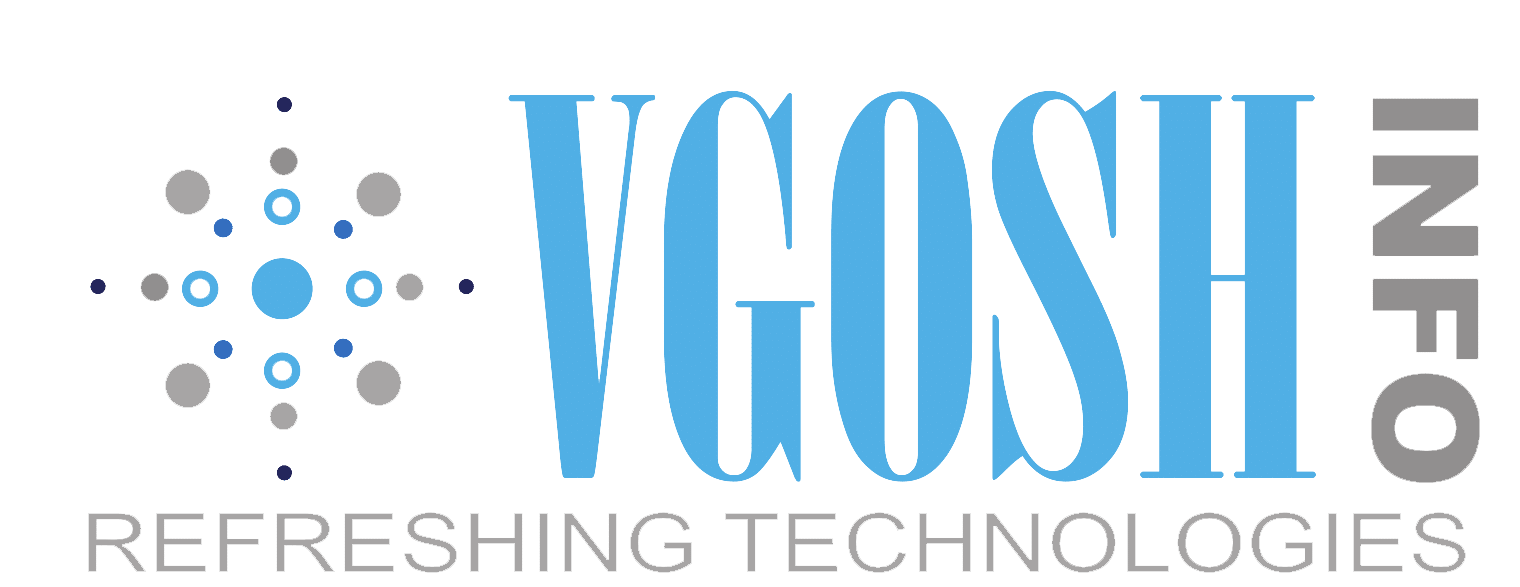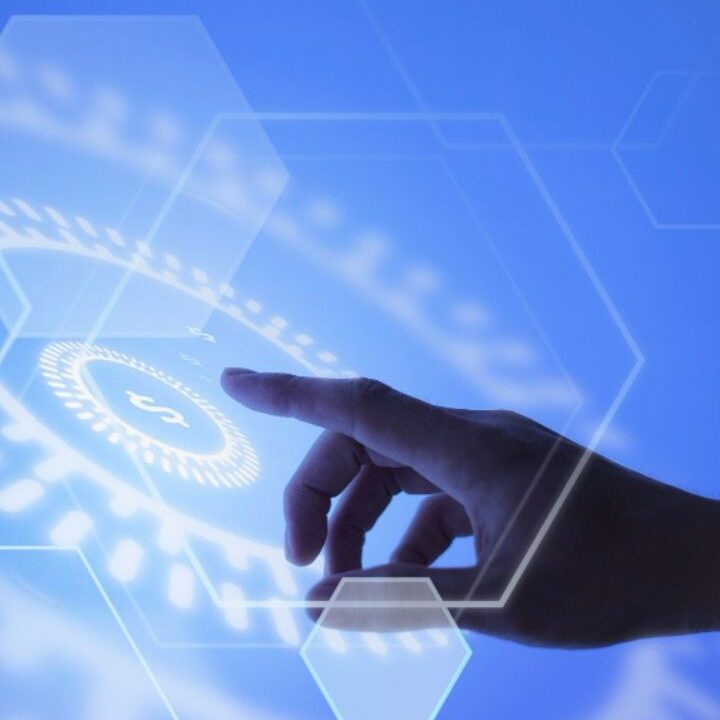Blockchain in Singapore’s Healthcare: Enhancing Data Security and Patient Care
In the rapidly evolving landscape of healthcare technology, Singapore has emerged as a pioneer in embracing innovative solutions to address the challenges associated with patient data security. One such groundbreaking technology making waves in the healthcare sector is blockchain. This decentralized and secure ledger system has the potential to revolutionize how patient information is managed, ensuring unprecedented levels of security and transparency.
In this blog post, we will delve into the ways blockchain technology is being leveraged in Singapore’s healthcare system, exploring its role in enhancing data security and patient care.
How blockchain technology can be used to secure patient information systems:
Traditional healthcare data systems often rely on centralized databases, making them susceptible to security breaches and unauthorized access. Blockchain, on the other hand, offers a decentralized and tamper-resistant solution for securing patient information systems.
Blockchain ensures the integrity and confidentiality of patient data by using a distributed ledger that is maintained by a network of nodes. Each transaction or record is securely linked to the previous one, creating an immutable chain of information. This decentralized nature means that there is no single point of failure, reducing the risk of data breaches. Additionally, cryptographic techniques ensure that the data stored on the blockchain is highly secure and can only be accessed by authorized individuals.
In Singapore, healthcare providers are increasingly adopting blockchain solutions to secure patient information systems. These solutions provide a transparent and traceable record of every interaction with patient data, enhancing accountability and reducing the likelihood of data manipulation or fraud.
Traditional healthcare data systems face various challenges, including vulnerability to cyber-attacks, data manipulation, and lack of transparency. Blockchain addresses these issues by providing a secure and transparent platform for storing and managing patient data.
One key feature of blockchain is its consensus mechanism, where multiple nodes must agree on the validity of a transaction before it is added to the ledger. This distributed consensus ensures that any attempt to tamper with the data would require the consensus of the majority of the network, making it nearly impossible to alter information without detection.
Moreover, the use of smart contracts in blockchain technology automates and enforces predefined rules, adding layer of security. These self-executing contracts ensure that access to patient data is strictly controlled and can only be granted based on predefined conditions, reducing the risk of unauthorized access.
In comparison to traditional healthcare data systems, where a single breach can compromise the entire system, blockchain’s decentralized and transparent nature significantly enhances the security of patient data.
The role of Blockchain in medical healthcare:
Blockchain plays a pivotal role in reshaping the landscape of medical healthcare by addressing critical challenges such as interoperability, data silos, and security. Its decentralized and distributed nature facilitates seamless sharing of medical data across different healthcare providers and systems, leading to improved collaboration and patient care.
In Singapore, healthcare providers are exploring the use of blockchain to create a unified and interoperable health information exchange. This initiative aims to break down the data silos that often exist between different healthcare organizations, allowing for a more comprehensive view of a patient’s medical history. This, in turn, enables healthcare professionals to make more informed decisions and provide personalized care to patients.
Additionally, blockchain technology enhances the efficiency of medical processes, such as drug traceability and supply chain management. The transparent and tamper-proof nature of the blockchain ledger ensures the authenticity and integrity of pharmaceutical products, reducing the risk of counterfeit drugs entering the healthcare system.
Blockchain for health data and its potential use in health IT and healthcare-related research:
Health data is a valuable resource for medical research and public health initiatives. However, the collection, sharing, and analysis of health data pose significant challenges related to privacy and security. Blockchain emerges as a game-changer in this scenario, offering a secure and decentralized solution for managing health data.
The potential use of blockchain in health IT and healthcare-related research is vast. Blockchain can streamline the sharing of anonymized patient data for research purposes while ensuring the privacy and consent of individuals. The transparent and auditable nature of blockchain transactions enhances the credibility of research findings, promoting trust among stakeholders.
In Singapore, blockchain solutions are being explored to create a secure and interoperable platform for health data exchange among research institutions, healthcare providers, and regulatory bodies. This collaborative approach not only accelerates medical research but also ensures that the benefits of research are translated into improved patient care.
In conclusion, As Singapore continues to position itself at the forefront of healthcare innovation, the integration of blockchain technology emerges as a crucial step toward enhancing data security and patient care. The decentralized and tamper-resistant nature of blockchain not only mitigates the risks associated with traditional healthcare data systems but also opens up new possibilities for collaboration, research, and personalized healthcare.
Blockchain solutions in Singapore’s healthcare sector are laying the foundation for a more secure, transparent, and patient-centric future. By embracing these innovative technologies, Singapore is not only safeguarding the integrity of patient information but also fostering a healthcare ecosystem that prioritizes efficiency, collaboration, and, most importantly, the well-being of its citizens.





